The content of the article
Everyone has long been aware that quail eggs are a product that is not only tasty, but also rich in nutrients. According to the content of beneficial vitamin occupy a leading place. The risk of contracting salmonellosis or other diseases from such a product is almost zero. The shelf life is radically different, for example, from chicken eggs. The shelf life of quail is much longer. How to keep such a useful product at home?
Keeping quail eggs at home
There are two ways to keep this natural product fresh:
- at room temperature;
- in a refrigerator.
Experienced housewives prefer cold storage, as in this case, the time increases to two months.
When refrigerated for storage, quail eggs are best placed in plastic or cardboard packaging and set down with a pointed end, so the risk of breaking an egg is reduced.It is important to remember that during refrigerated storage you should not keep meat products, fish and other products with a pronounced odor nearby. It should also be remembered that quail eggs should be washed under a tap before cooking, and not before storage. Thus, you save an important layer on the surface of the shell and increase the shelf life. Eggs are not recommended to be stored in the refrigerator on the doors. This is due to the fact that with constant opening the temperature in the refrigerator itself changes and, accordingly, the shelf life is significantly reduced.
When stored outside the refrigerator. In fact, quail eggs have a huge advantage in that they have a long shelf life at a temperature of 24 degrees. Some people at home quail eggs are placed in a large bowl of water and covered with salt (proportion: 1 tablespoon of salt per 1 liter of water). If any eggs float to the top after immersion, you should immediately get rid of them, since this is the first sign of a spoiled product. On farms with a large volume of refrigerators is not enough, and farmers have to use the old proven recipe - the product is covered with fat.This can be either pork fat or sunflower oil, after which the eggs are immersed in cardboard boxes with ventilation holes. It is very important that the eggs do not touch each other. At the bottom of such a box, some kind of soft layer is surely poured, which will “save” the eggshell from possible impacts. For example:
- sand;
- hay;
- ash;
- shavings;
- paper.
The second method, which makes it possible to increase the shelf life up to one year, is rarely used in everyday life because of its peculiar way. Eggs are placed neatly in a glass container, if desired, porcelain or ceramic dishes can be used, so that they neither touch each other, and the container is filled with ready-made slaked lime. Lime should be diluted 1 to 5. In this storage, slaked lime should cover the eggs completely with a margin of 2-3 centimeters, and be stored in a basement or shed with a temperature not higher than 10 degrees and not lower than zero.
Standard storage times for quail eggs?
If the product is fresh, then the shelf life in the refrigerator is approximately 65-70 days. At room temperature - up to one and a half months.With the above methods, from 6 to 12 months.
What is the reason for the long storage of quail eggs?
Everyone is wondering why this product can be stored for so long, unlike, for example, from chicken eggs. Quail eggs are rich in lysozyme or, as they call this component differently, amino acid. This acid protects the egg itself from the appearance and reproduction of harmful bacteria. Such bacteria, by the way, are very widespread on the surface of chicken eggs that do not have lysozyme on the shell.
How many are boiled?
Boiled eggs are considered the most healthy and tasty. How much can be stored cooked product? Egg lovers are very important not to forget that the shelf life is not great.
- First, storage of a boiled egg is allowed only in cases when it is hard boiled (that is, without liquid yolk).
- Secondly - after cooking, you must wrap the egg in a newspaper or paper. So you save it from the blows and the destruction of the shell.
- Thirdly, a boiled egg at a temperature of room temperature should be stored no more than 9-10 hours.
- When stored in the refrigerator - usually no more than 7 days (if the product was fresh and the shell is whole and not damaged).
- With a damaged upper shell, the shelf life is reduced to two to three days.
Harm and benefits of quail eggs
Benefit. Quail eggs have long been eaten to enhance immunity. The uniqueness of the components of this product allows you to use it also for medicinal purposes. Eggs contain:
- a, d, b6, b12;
- potassium;
- sodium;
- micro and macronutrients;
- magnesium;
- iron;
- phosphorus;
- copper, etc .;
- amino acids;
- methionine.
The product contains per 100 grams - 158 calories - that's about 17 calories per 1 raw egg and 15 calories per 1 boiled egg. Eggs are equally useful for both female and male body.
Harm. In no case can not abuse the product. Overeating quail eggs entails a number of negative consequences. Especially you need to be careful with eggs for people who are allergic to egg white, doctors do not recommend the use of the product in patients with kidney and liver disease.
In the form of summing up, it is worth noting that quail eggs are a very useful and important product for the human body. But do not forget that with improper storage can transform the usefulness of the product into harmful food. In turn, the eggs of birds are not very fastidious in storage. The positive side of this product - shelf life compared with other similar products are great.The availability and range of varieties of quail eggs today pleases the consumer. The appearance of the shell is easy to determine the freshness of the product - it is usually bright in color without significant damage and cracks.
Video: how to determine the freshness of quail eggs

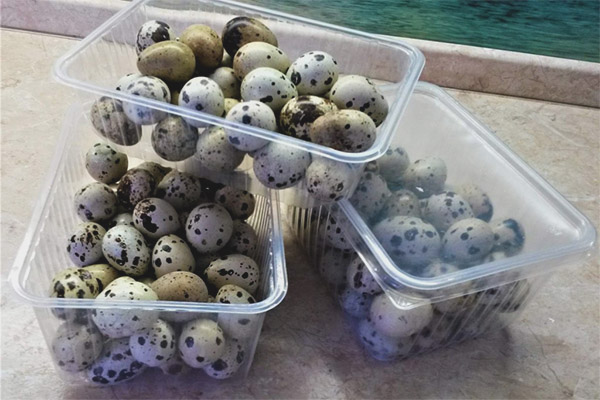
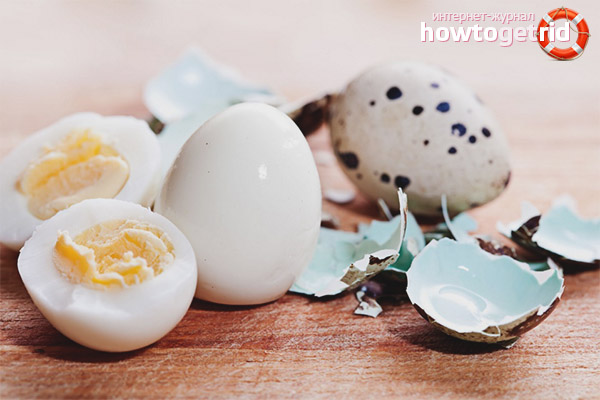

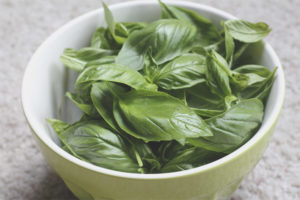
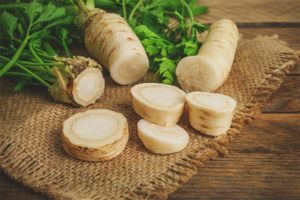


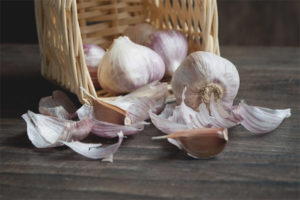
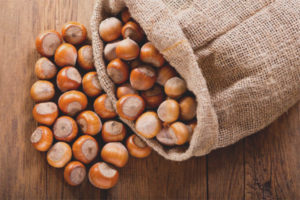
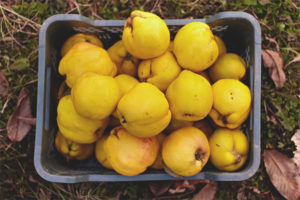
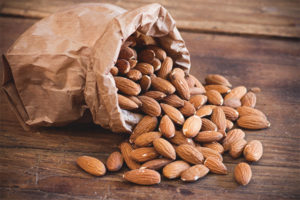
To send